Share
In this Article
Key Takeaways
| Topic | Summary |
|---|---|
| Understanding Bell’s Palsy | Affects 40,000 Americans yearly with temporary facial weakness. 70% recover fully with conventional treatments like corticosteroids and antivirals. |
| Acupuncture Benefits | Treatment 1-2 times weekly for 4-6 weeks stimulates nerve regeneration and reduces inflammation with 80-90% reported recovery rates. |
| Recovery Enhancement | Combine with facial exercises, stress management, and proper sleep. A balanced diet supports healing process. |
| Recommended Services and Products | |
Professional Acupuncture Service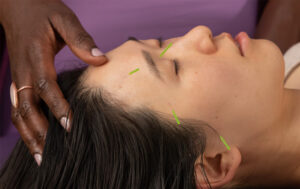 | Expert facial acupuncture treatment specially designed for Bell’s Palsy recovery. Professionally administered by licensed practitioners with proven success rates. Book Appointment |
Recovery Body Treatment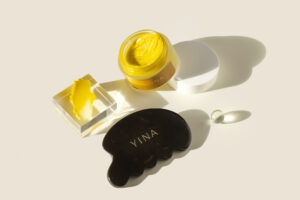 | Natural healing body treatment that complements acupuncture therapy. Enhances overall recovery and promotes relaxation for optimal healing results. Buy Now |
Bell’s palsy affects around 40,000 people in the United States each year. This sudden facial weakness can disrupt lives, leaving individuals feeling self-conscious and isolated. Bell’s palsy is characterized by sudden, temporary weakness in the muscles on one side of the face. Patients may experience drooping, difficulty closing the eye, and changes in saliva production. While many individuals recover fully within months, some may seek additional support during recovery. Facial acupuncture is emerging as a natural therapy that can aid recovery, offering hope for restoring facial function.

Get expert tips on healthy living and aging gracefully at 40 and beyond from me.
Success! Now check your email to confirm your subscription.
Understanding Bell’s Palsy and Conventional Treatments
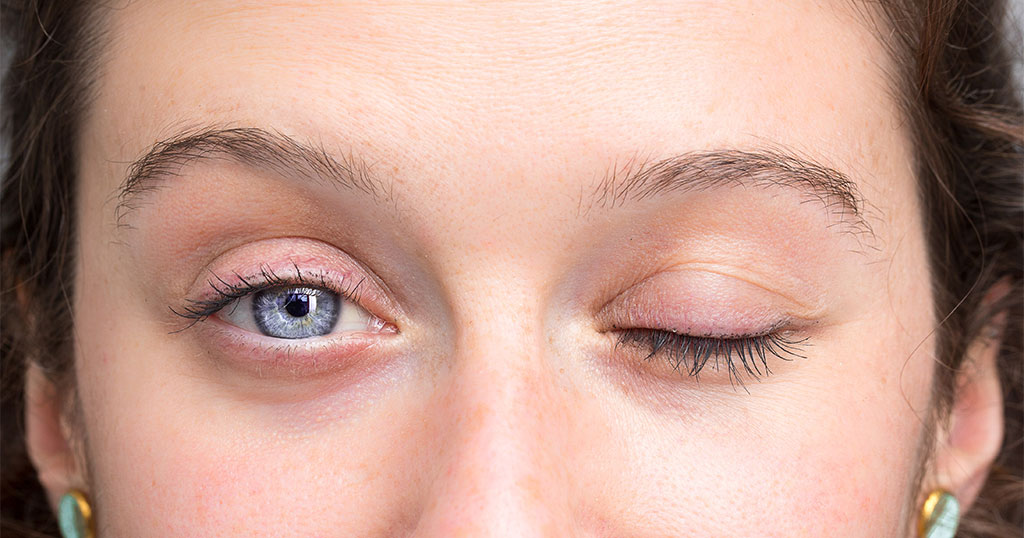
Causes and Symptoms of Bell’s Palsy
Bell’s palsy is believed to be caused by viral infections, such as the herpes simplex virus. Common symptoms include:
- Sudden weakness or paralysis on one side of the face
- Loss of the sense of taste
- Increased sensitivity to sound in one ear
- Pain around the jaw or in/behind the ear
- Twitching or weakness of facial muscles
Approximately 70% of people with Bell’s palsy recover completely, yet some may experience lingering effects.
Conventional Treatments
Treatment usually involves corticosteroids to reduce inflammation and antiviral medications to combat viral infections. These methods can be effective, but not everyone responds well.
Limitations of Conventional Treatments
While many patients find some relief through conventional treatments, side effects such as mood changes, insomnia, or weight gain may occur. Moreover, in some cases, these treatments do not lead to optimal recovery. Thus, additional approaches are essential for those struggling.
The Role of Acupuncture in Facial Reanimation
How Acupuncture Works
Acupuncture stimulates specific points on the body, promoting nerve regeneration and reducing inflammation. This ancient practice enhances blood flow, which is vital for healing.
Meridian Points for Bell’s Palsy Treatment
Several acupuncture points are especially beneficial for Bell’s palsy recovery:
- Yintang: Located between the eyebrows, it calms the mind and improves circulation.
- Taiyang: Found in the temples, it alleviates pain and tension.
- ST 4 (Dictator): Near the corner of the mouth, it strengthens facial muscles.
- GB 14: Above the eyebrows, it helps with facial paralysis.
Scientific Evidence Supporting Acupuncture
Research indicates that acupuncture is effective in treating Bell’s palsy. A study found that almost 90% of participants experienced significant improvement. Another clinical trial reported an 80% recovery rate in patients after acupuncture treatment. These findings lend credibility to the effectiveness of acupuncture.
Facial Acupuncture Techniques for Bell’s Palsy
Needle Placement and Depth
Facial acupuncture requires precise needle placement. Practitioners insert thin needles into specific points on the face, typically to a depth of 2-5 mm, ensuring safety and hygiene throughout the process.
Treatment Frequency and Duration
Patients often benefit from treatment 1-2 times a week for 4-6 weeks. The overall duration may vary based on individual progress and recovery goals.
Combining Acupuncture with Other Therapies
Consider pairing acupuncture with physiotherapy or massage. This multidisciplinary approach may enhance recovery and improve muscle function.
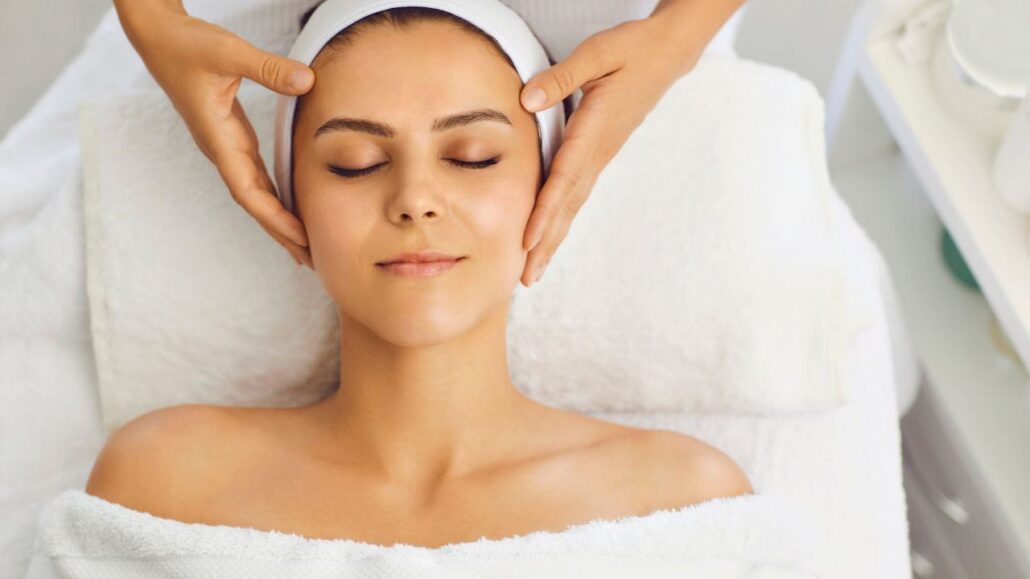
Tips for Enhancing Bell’s Palsy Recovery with Acupuncture
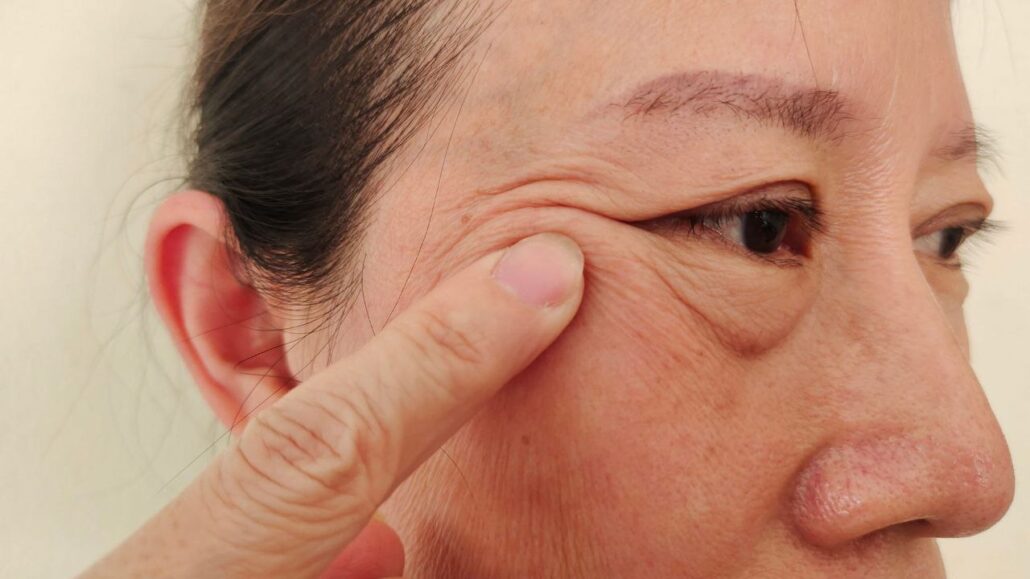
Maintaining a Healthy Lifestyle
A balanced diet rich in nutrients supports recovery. Manage stress through practices like meditation and ensure sufficient sleep to help your body heal.
At-Home Facial Exercises
Combine gentle facial exercises with acupuncture. Simple movements can activate and strengthen facial muscles, aiding recovery.
Seeking Qualified Practitioners
Always choose a licensed acupuncturist with experience in treating facial conditions. Their expertise ensures a safe and effective treatment.
FAQ
Facial acupuncture helps by stimulating specific points along the body’s meridians to promote circulation, reduce inflammation, boost immunity, and enhance the nervous system’s healing mechanisms. It can also stimulate the facial nerve, promote nerve regeneration, and improve blood circulation to the affected areas
The most common side effects of facial acupuncture include temporary bruising, slight discomfort, or a tingling sensation during needle insertion. These side effects are usually brief and minor.
Results from facial acupuncture for Bell’s Palsy can vary, but many individuals report improvements within a few weeks of consistent treatment. Early intervention and frequent sessions can enhance the recovery process.
Facial acupuncture is generally not painful. The needles used are very fine, and most people experience only mild, fleeting sensations during insertion. Some individuals may feel slight discomfort, but it is usually brief.
The frequency of facial acupuncture sessions for Bell’s Palsy can vary depending on the severity of the condition. Early in treatment, more frequent sessions may be beneficial, and the frequency can be adjusted as symptoms improve.
Studies have shown that acupuncture can be highly effective for treating Bell’s Palsy, with some protocols achieving success rates as high as 98%. Early intervention and consistent treatment can significantly improve outcomes.
Conclusion
Facial acupuncture offers numerous benefits for those recovering from Bell’s palsy. It addresses not only physical symptoms but also emotional well-being. While facial acupuncture should complement conventional treatments, it holds the potential for natural recovery. If you or someone you know is affected by Bell’s palsy, exploring this ancient therapy could provide a pathway to restoration and confidence.







